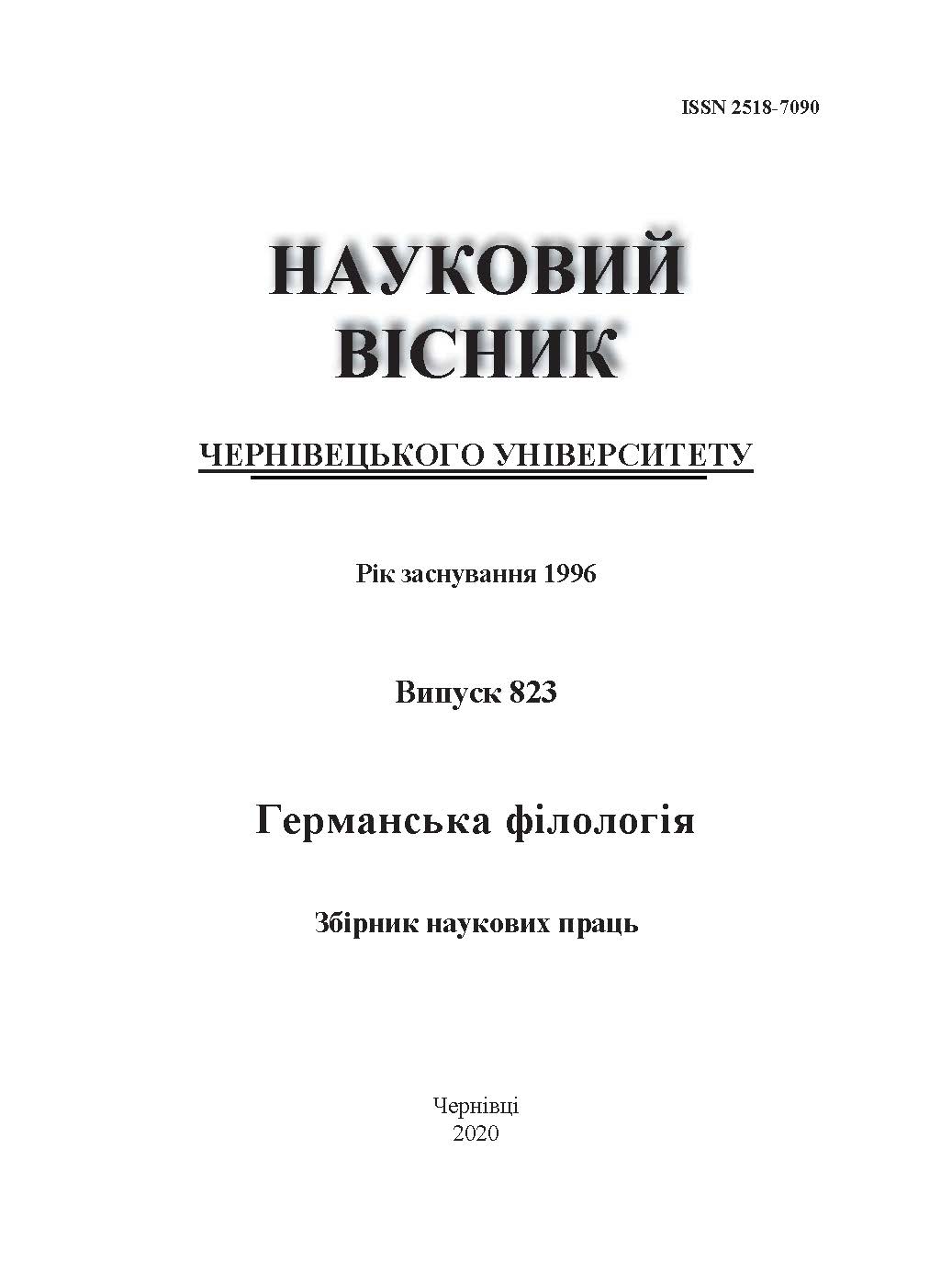ОСОБЛИВОСТІ ПЕРЕКЛАДУ КУЛІНАРНИХ ЛЕКСИЧНИХ ОДИНИЦЬ (НА ПРИКЛАДІ РОМАНУ ВАСИЛЯ БАРКИ «ЖОВТИЙ КНЯЗЬ»)
DOI:
https://doi.org/10.31861/gph2020.823.155-161Abstract
The Features of Translation of Cookong Lexemes (based on of the novel “The Yellow Prince” by Vasyl Barka). Food is an integral part of our lives, and national dishes reflect the culture of the country as well as its language, clothing, traditions and other aspects. The development of globalization has led to influence of both different peoples and cultures on the formation of food preferences and national cuisine. While translating gluttonic lexis there appear a number of problems, including those which are related to the lexical and grammatical structure of the language. Gluttony vocabulary is extremely rich and diverse, as is part of the national culture and language of each people. Food as a cultural product has always been an important character in fiction shaping a “gastronomical language” that is unique for each author. In 2009 M. Ostheim-Dzerovych made the German translation of the novel “The Yellow Prince” by Vasyl Barka as the novel entitled "Der gelbe Fürst". The article describes the features of translating cooking lexemes from Ukrainian to German based on this novel. We were able to establish a number of major difficulties arise when translating cooking lexemes. They are connected primarily with the names of the dishes, the names of the ingredients and trofonyms. Emphasizes on the need of extralinguistic knowledge when dealing with such units is made. Special aspects of translation (translation methods, transcoding, tracing, descriptive translation, their advantages and disadvantages) are examined. For adapting the translation to native culture translators use two opposite strategies of foreignization and domestication.






